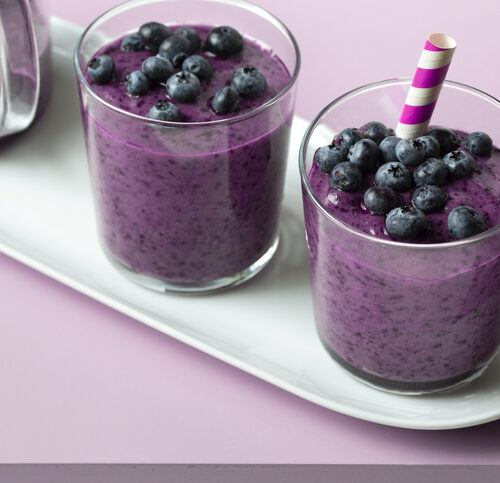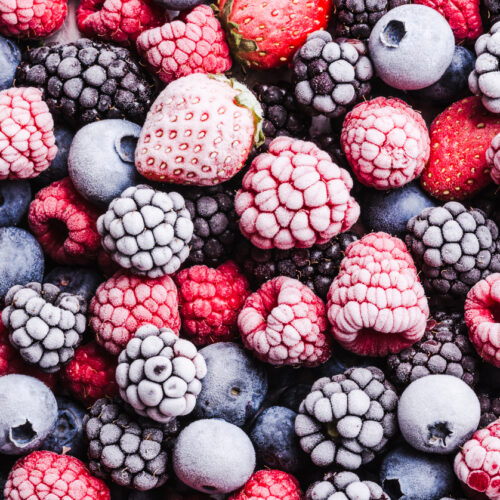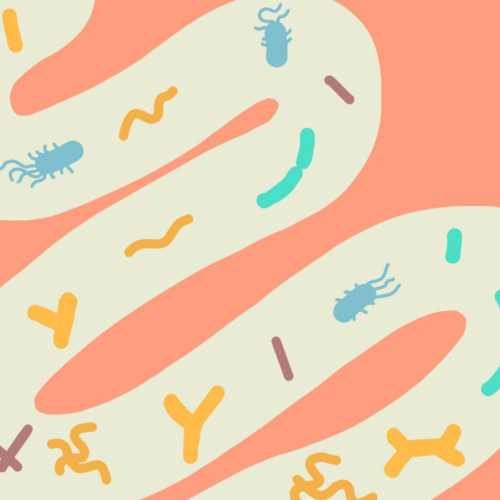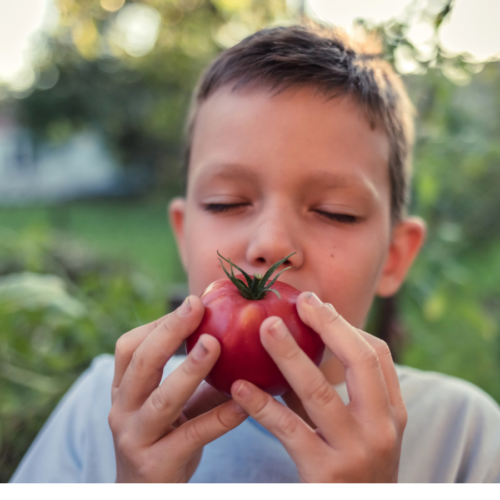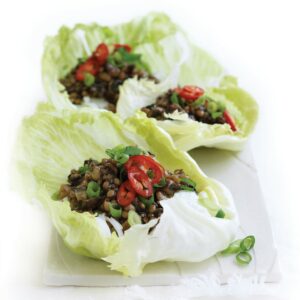
The occurrence of gout has been increasing over the past several decades. HFG senior nutritionist Rose Carr investigates.
Anyone who has suffered a gout attack will tell you it is very painful and best avoided.
What is gout and who gets it?
Gout is a type of inflammatory arthritis caused by the build-up and crystallisation of urate (or uric acid) which occurs mainly around the joints. Gout often affects the large joint of the big toe but it can also occur in ankles, knees, wrists, elbows and finger joints.
Maori and Pasifika people may be predisposed to gout as it is thought they do not excrete urate as effectively as Europeans. Although men are more likely to suffer from gout, women should not be complacent as they become more susceptible to developing gout after menopause.
Urate is an end product of metabolising purines, which we get from food, as well as retired body cells being broken down. Normally urate is processed through our kidneys and into our urine but when there are high levels of urate in the blood, crystallisation can occur.
In around 90 per cent of cases the build-up of urate is caused by under-excretion of urate by the kidneys. This may be the result of a kidney disorder but can also be caused by various medications. In around ten per cent of cases the urate build-up is caused by an overproduction of urate, which could be associated with a high intake from food and/or an inherited enzyme.
Is gout caused by overindulging in red wine?
Although gout may not deserve its reputation as the disease of decadence, a poor diet and lack of exercise do play a role in its development. In fact, gout is often associated with other lifestyle-related conditions such as body fatness, hypertension, high cholesterol, insulin resistance and cardiovascular disease.
What foods affect gout?
Foods that affect the risk of an attack of gout include red meat, seafood, alcohol and fructose-rich foods. Meat and seafood are rich sources of purines and have been associated with higher blood levels of urate, which is why they need to be limited. This does not mean you need to eliminate red meat from your diet, but it does mean it is even more important to stick to the usual guidelines. That is, consuming up to a maximum of 750g raw weight (or 500g cooked) of lean red meat each week.
Fish is an important source of long-chain omega-3s, which has heart health benefits but may also help suppress gouty inflammation, so we are advised to have two meals a week including oily fish. For those regularly consuming other types of fish and shellfish, however, oily fish are best restricted.
All alcohol, but in particular beer and spirits, is associated with increased blood urate levels. It may come as a pleasant surprise that wine is a better choice but it still needs to be limited. If you do drink alcohol, no more than one to two drinks a day for men, and just one for women, is often recommended, although the American Dietetic Association advises avoiding all alcohol if you suffer gout symptoms.
While consuming two serves of fruit each day has health benefits, higher intakes of fructose-rich foods such as sweet fruits and fruit juices are best avoided as these also increase blood urate levels. Drinking plenty of water is advised for people with gout.
In the past, people with gout were advised to restrict all purine-rich foods, including some vegetables. More recent studies, however, have found these vegetables do not increase blood levels of urate. Higher intakes of vegetables, including those containing purines, provide many health benefits.
Factors that have been shown to have a longer-term affect on the risk of developing gout include maintaining a healthy weight, consuming low-fat dairy products, drinking coffee and limiting sugar-sweetened soft drinks and beverages. While drinking either regular or decaffeinated coffee in moderate amounts reduces the risk of developing gout, if you have gout and do not normally drink coffee, it is best not to start as this could actually trigger a gout attack.
A study of nearly 47,000 men over a 20-year period found that higher vitamin C intakes were associated with lower blood urate levels. Although more research is required, it is thought a supplement of around 500-1000mg vitamin C may be beneficial for in the prevention of gout.
Don’t suffer in silence
While diet and exercise can help prevent the development of gout and may reduce the incidence of gout attacks, for those diagnosed with gout, medication is also advised. Consult your GP: gout is readily treatable and should not be left unattended.
www.healthyfood.com


